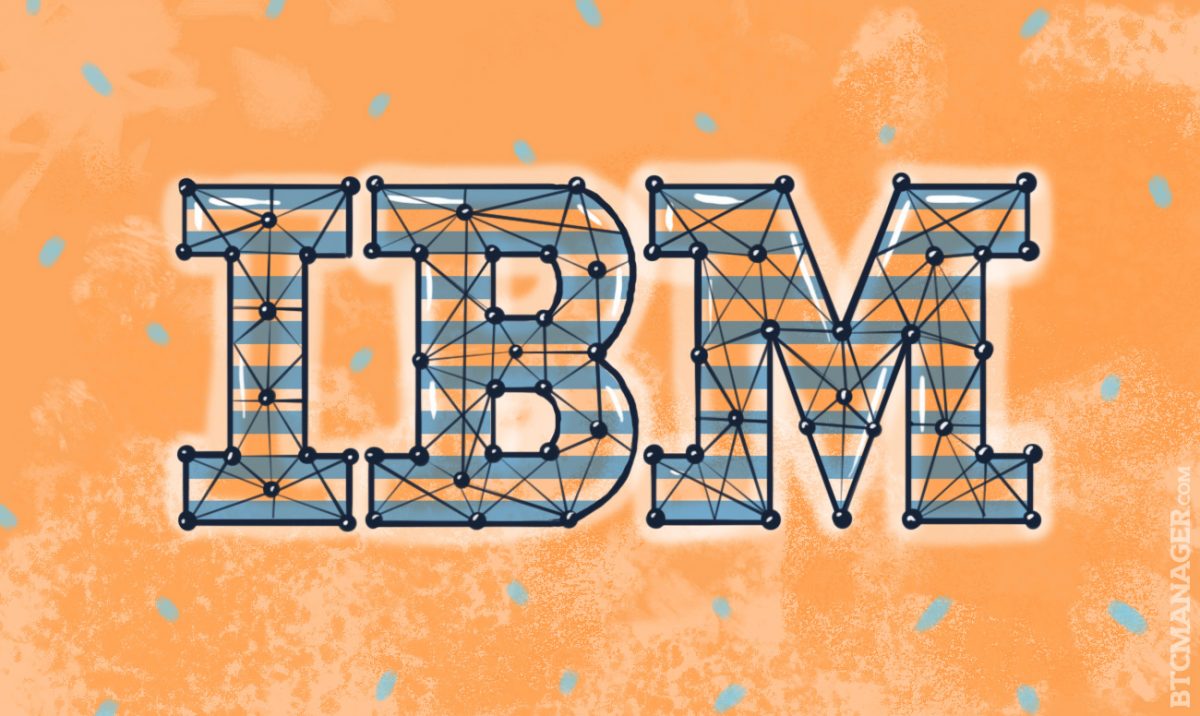IBM to Implement Major Blockchain Platform by September

American technology firm International Business Machines (IBM) Corp. is set to implement one of the industry’s largest blockchain technology-based platform as early as September. The platform, called IBM Blockchain Solutions for Global Financing, will be leveraged to settle nearly three million transactions worth US$44 billion annually.
Since early 2015, IBM has been one of the biggest household names to become early adopters of blockchain technology along with MicroSoft. IBM has released various blockchain-based applications and projects to date, including a blockchain innovation center in Singapore, cloud-based blockchain data processing services and a concept for blockchain-powered Internet of Things.
The Blockchain Solutions for Global Financing platform will be the firm’s first official application that will be integrated as a core part of its operations.
Economic Benefits
IBM essentially developed its blockchain platform to settle its financial transactions on a transparent and decentralized ledger to optimize disputes with their customers and partners. By removing middlemen and improving the functioning of markets, the system is expected to free up to $100 million in capital tied up at any given time in transaction disputes according to Jerry Cuomo.
Cuomo, the Vice President of Blockchain Technologies under the IBM Cloud Group, also stated that nearly 25,000 disputes arise between IBM and its customers over technical issues such as mismanagement of computer parts and incorrect shipments every year. He also explains the serious problems with these disputes is the inefficiency of the IBM business unit when dealing with customers and complaints.
Currently, IBM takes around 44 days on average with additional verification from its employees, which requires employees to search through layers of applications to track a series of records, and to optimize this process, the company needed an open network to anchor their financial data.
Over the past few months, the IBM cloud group and its blockchain technologies department tested the efficiency of a blockchain-based financial system by running the platform coherently with IBM’s existing financial applications and utilizing custom code to retrieve data at certain periods of time. The department discovered a significant improvement in the process, decreasing the average span of 44 days down to 10 days.
In the near future, IBM intends to sell their blockchain-based financial platform to other large tech corporations that are dealing with similar issues. The advantage of the IBM blockchain platform is, its ability to run parallel with a firm’s existing IT and financial infrastructure.
However, the company is yet to provide detailed insight into the core technologies of its blockchain-based platform. As emphasized by experts in the industry, the two greatest assets of a blockchain technology are transparency and security.
The IBM blockchain system efficiently utilizes the transparent nature of a blockchain network to track transactions and rely on custom codes to discover the exact time stamp of transactions settled between the company and their customers. This transparency can especially be useful to tech firms that are dealing with massive volumes of sales and shipments, as it enables the company to gain full control of their transactions instead of relying on a bank or a centralized platform.
Security concerns
A major concern with these type of blockchain-based projects is their dependence on a permissioned, rather than permissionless, distributed ledger; these ledgers tend to demonstrate various vulnerabilities due to limited computing power.
The blockchain network, as shown by Bitcoin’s network, improves in security as the network grows in size. If the mining power of the network increases the overall security of the network enhances.
Bitcoin expert Pete Dushenski describes it with this analogy:
“The size of the city is the Blockchain and the height of its walls is the network’s hash rate. As such, the larger the Blockchain, the more hash power is required to maintain the same level of security.”
Therefore, as the IBM blockchain grows in size (number of transactions and amount of information stored), more computing power will be needed to keep a standard level of security.
Although the IBM blockchain system does not demonstrate the greatest level of security, it is one of the industry’s first blockchain-based projects to be launched live that will be no doubt exciting to follow.











